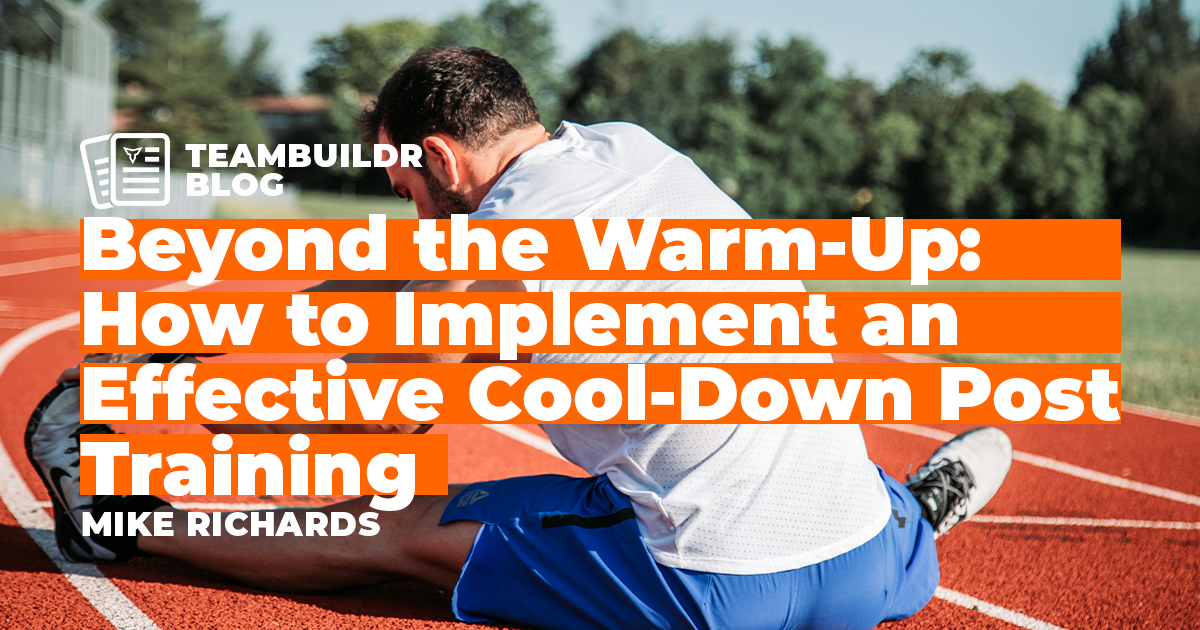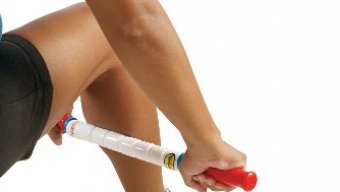Is Muscle Soreness the Best Gauge of an Effective Workout
Many strength coaches will agree that muscle soreness after a workout is a good way to understand a workout's effectiveness on an athlete. Indeed, studies have shown that muscle soreness is integral to rebuilding stronger muscle because of the human body's natural pursuit to better endure future resistance training. However, there are a few reasons to reevaluate muscle soreness as the primary gauge for adapting the best workout for athletes seeking to gain muscle.
Muscle soreness after working out is a direct result of a muscle damage endured after resistance training usually new to the body or done infrequently. Delayed onset muscle soreness (DOMS) is a good way to answer the question, "did my workout effectively build more muscle?"
However, there are also many reasons to not use muscle soreness as a primary determination of a workout's effectiveness. Some athletes are simply more genetically prone to be sore than others which means an across the board judgement is not necessarily accurate. In addition, high amounts of soreness is actually not good for athletes as it signals that the athlete does not have the capacity for their muscles to repair themselves in that current regimen. Lastly, repeated soreness can inhibit an athlete's quality of training or even hinder their motivation to continue training at a high level.
With the negatives considered, muscle soreness after workouts should be measured and even sought out from time to time. However, it should never be the primary gauge (or goal) of a resistance training regimen.
Subscribe to our blog
Subscribe to receive the latest blog posts to your inbox every week.
Related posts

Effective Cool-Down Strategies: Post-Training Recovery

Learn Early and Often: Lessons from My Internships

